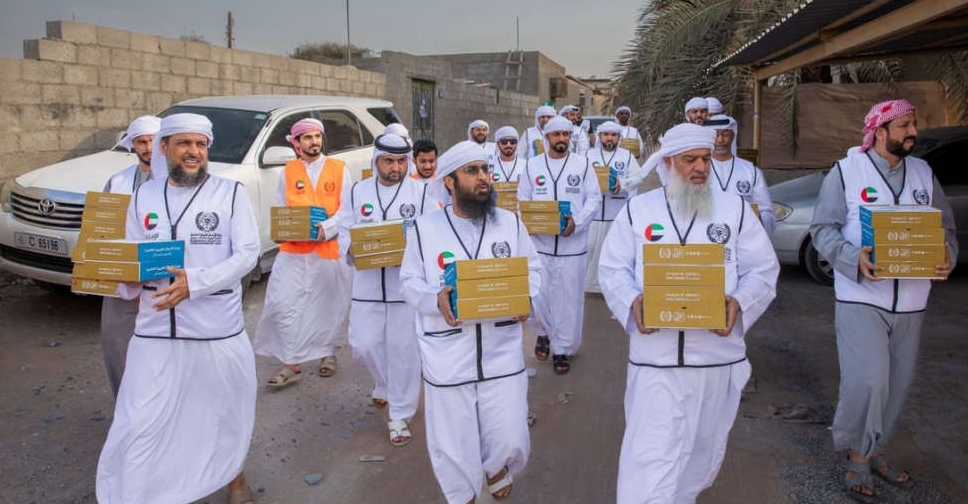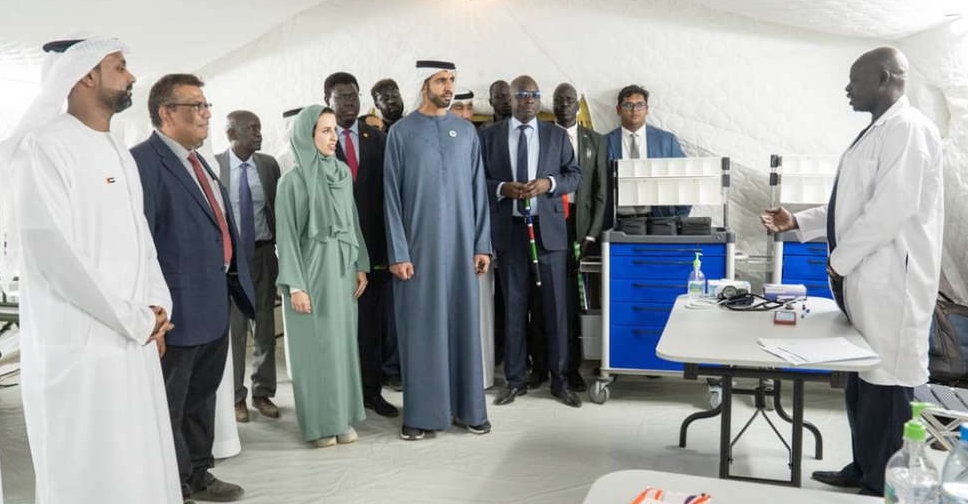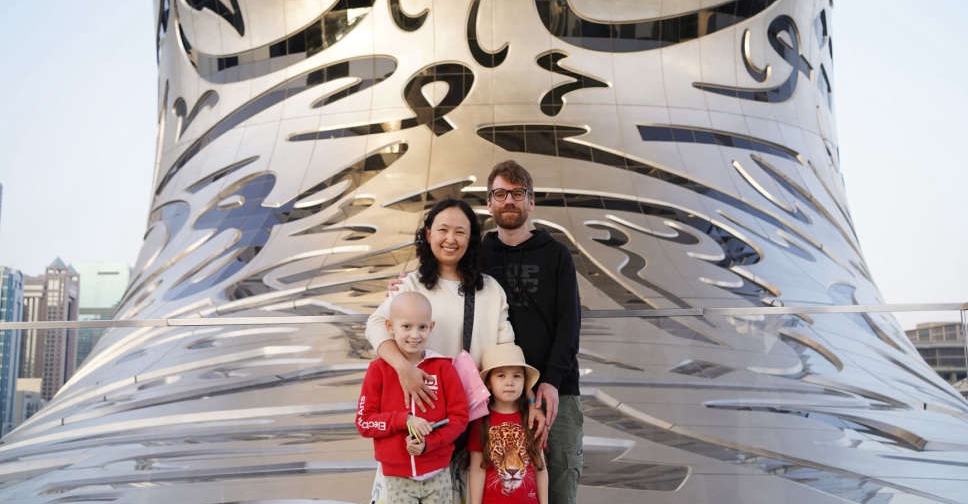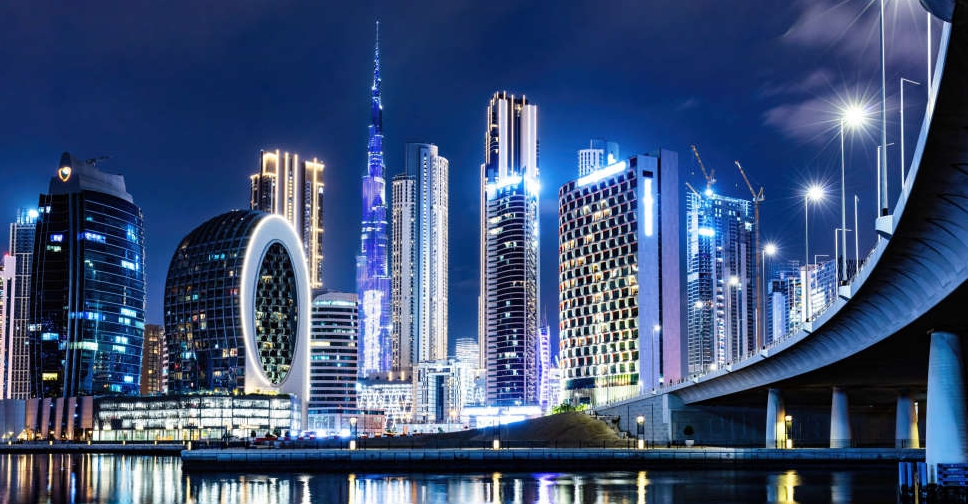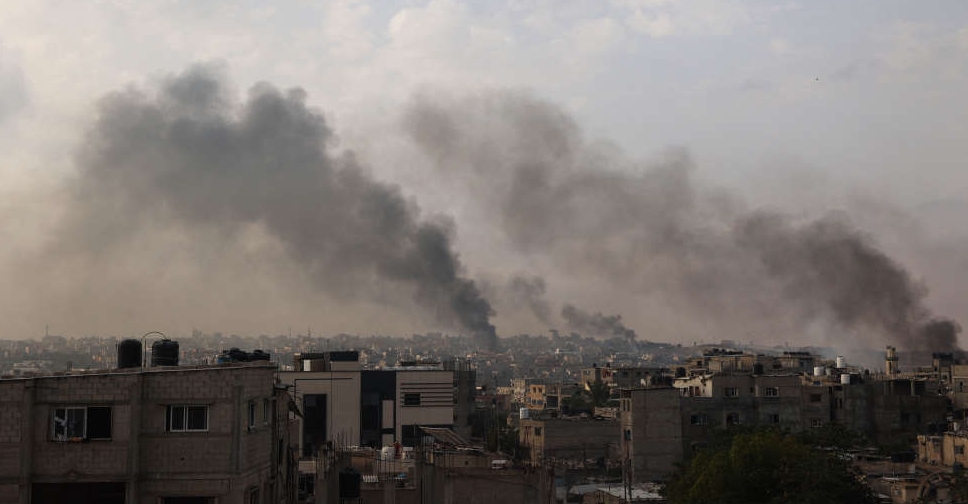
Israeli tanks have mounted raids across Rafah in defiance of the World Court for a second day on Wednesday.
Rafah residents said Israeli tanks had pushed into Tel Al-Sultan in western Rafah and Yibna and near Shaboura in the centre before retreating towards a buffer zone on the border with Egypt, in contrast with offensives elsewhere.
Israel's military controlled three quarters of the buffer zone and aimed to control all of it to prevent Hamas smuggling in weapons, Prime Minister Benjamin Netanyahu's National Security Advisor Tzachi Hanegbi said.
He expected fighting in Gaza to continue throughout 2024 at least, he said, signalling Israel was not ready to heed international calls to agree a ceasefire with Hamas and exchange the hostages they hold for Palestinian prisoners.
Hamas and its allies said they confronted the invading forces with anti-tank rockets and mortar bombs and blew up previously planted explosive devices.
The Israeli military said three soldiers were killed and three others badly wounded in combat in southern Gaza, without elaborating. Israel's public broadcaster Kan radio said they were hurt by an explosive device set off in a building in Rafah.
Palestinian health officials said several people were wounded by Israeli fire in eastern Rafah and stores of aid were set ablaze. Residents said constant Israeli bombardment overnight destroyed many homes in the area, from where most people have fled after orders by Israel to evacuate.
Some residents reported seeing what they described as unmanned robotic armoured vehicles opening fire from machine guns in some parts of the city.
Internet and mobile signals went down in parts of both east and west amid heavy Israeli air and ground bombardment, the pro-Hamas Shehab news agency, residents and other journalists said. The Israeli military said it could not confirm the reports.
In northern Gaza, tanks shelled several Gaza City neighbourhoods, and forces thrust deeper into Jabalia, the largest of the enclave's eight biggest historic refugee camps, where residents said large residential districts were destroyed.
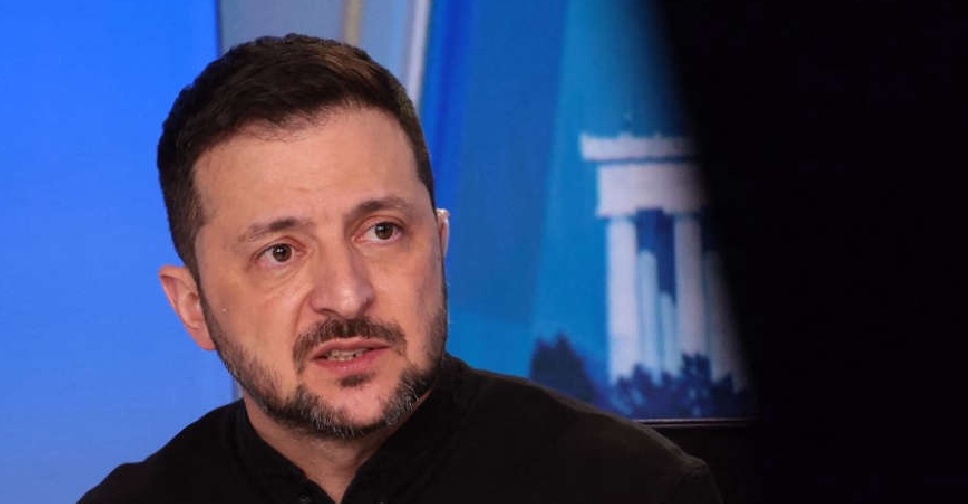 Zelenskyy heads to Saudi Arabia ahead of crunch US talks
Zelenskyy heads to Saudi Arabia ahead of crunch US talks
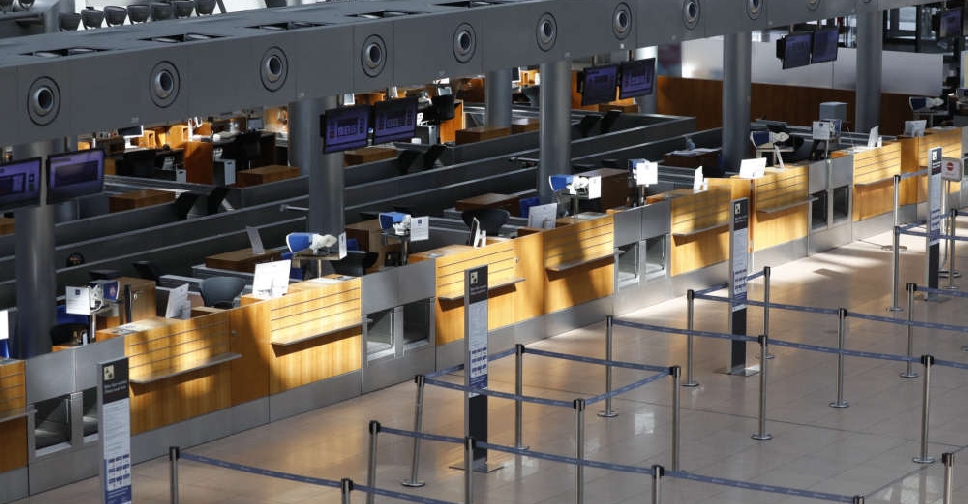 300 flights cancelled at Hamburg airport as strike starts early
300 flights cancelled at Hamburg airport as strike starts early
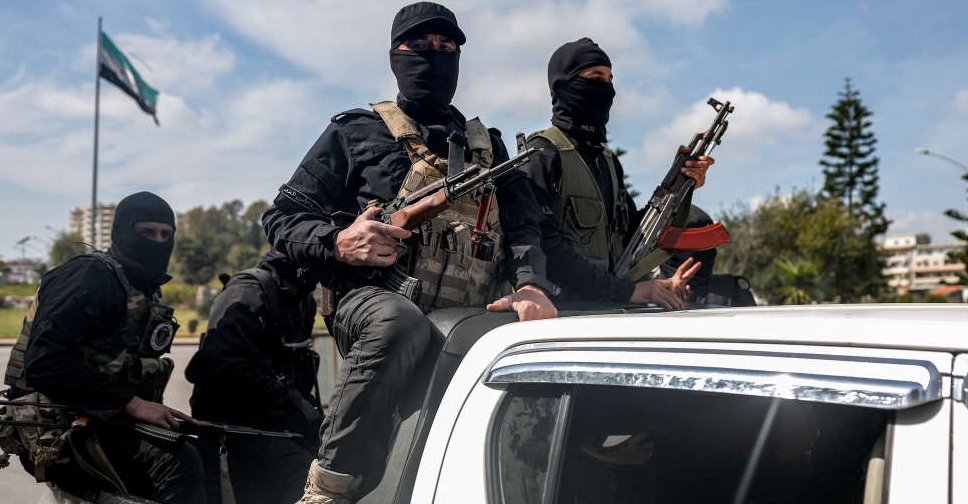 Syria's Sharaa scrambles to contain deadliest violence in years
Syria's Sharaa scrambles to contain deadliest violence in years
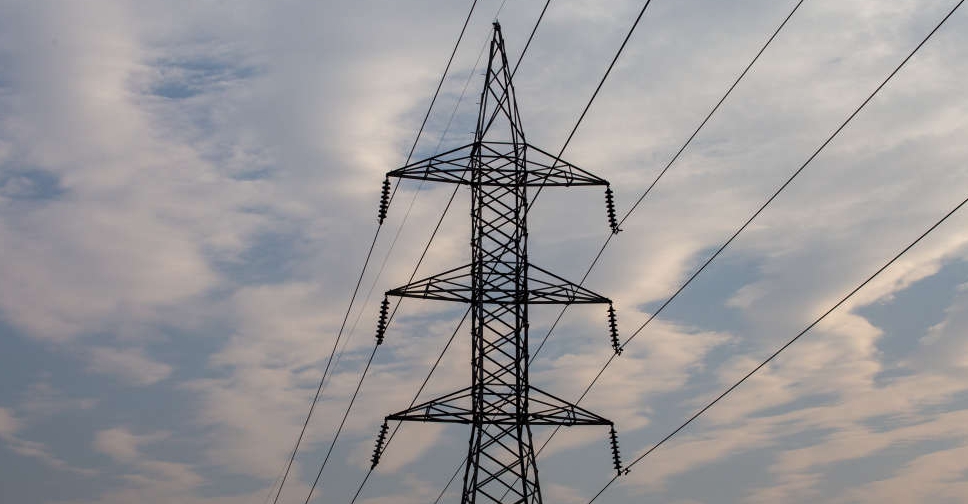 Israel halts Gaza electricity supply ahead of new truce talks
Israel halts Gaza electricity supply ahead of new truce talks
 Mark Carney to replace Trudeau as Canada's prime minister
Mark Carney to replace Trudeau as Canada's prime minister
